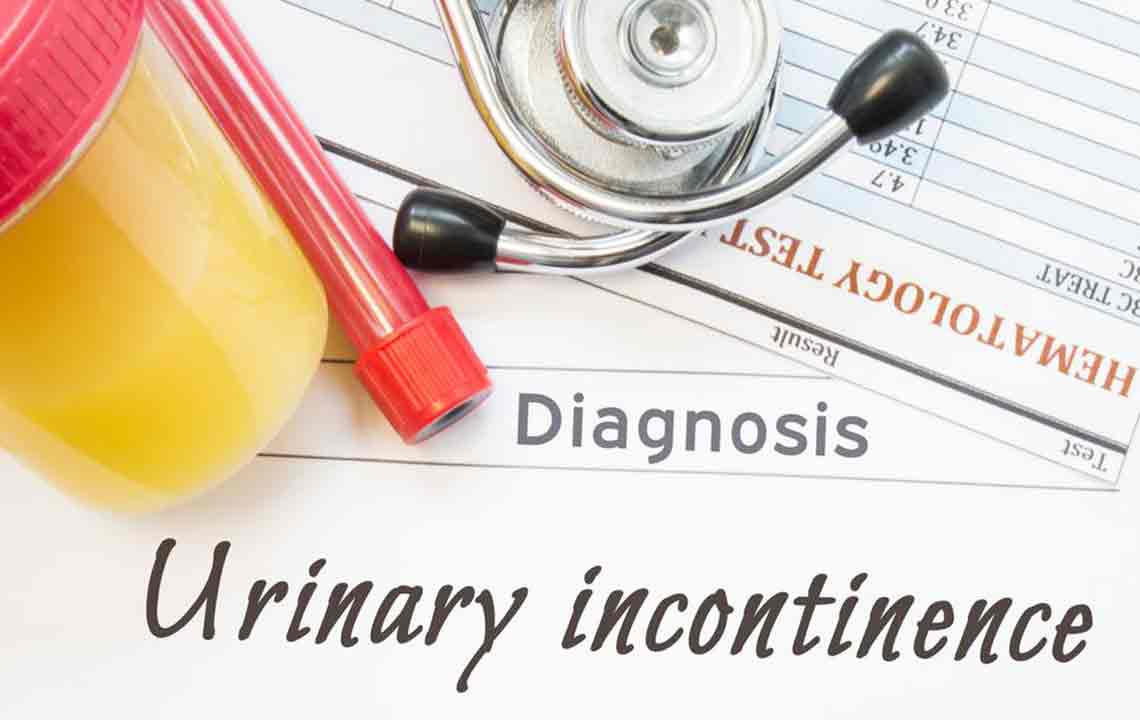Diet Strategies to Manage Male Urinary Incontinence
Discover effective dietary strategies to manage male urinary incontinence. This guide highlights foods that promote bladder health, including nuts, berries, whole grains, and vegetables, while advising on foods to limit such as alcohol, caffeine, spicy foods, and citrus fruits. Implementing these dietary tips can help ease symptoms and support urinary function. Always consult healthcare providers for personalized advice. Empower yourself with nutritional choices that foster bladder wellness and improve overall quality of life.
Nutritional Tips for Improving Urinary Function in Men
Urinary incontinence affects around 15% of men, especially those over 60. Men aged 15-64 can also be impacted due to conditions like prostate surgery. Weak bladder muscles, nerve damage, and overactive bladder contribute to leakage. Dietary changes can help alleviate symptoms, though they don't cure the condition. Choosing specific foods and avoiding irritants can promote bladder health and reduce discomfort, supporting overall urinary well-being.

Foods that Enhance Urinary Health in Men
Eating a balanced, nutrient-rich diet can improve overall health and help manage urinary issues. Certain foods strengthen the urinary system and ease symptoms of incontinence.
Nuts
Almonds, pistachios, brazil nuts, and pecans provide antioxidants, selenium, and healthy fats that support prostate health, lower cholesterol, and promote urinary tract function. Snack on nuts, add them to salads or cereals for bladder support.
Berries
Strawberries, blueberries, raspberries, and blackberries are rich in vitamin C and antioxidants, aiding prostate and bladder health. Their anti-inflammatory effects can reduce swelling and infections. Add berries to smoothies, yogurt, or cereals for added health benefits.
Whole Grains
Foods like oats, brown rice, quinoa, barley, and whole wheat support digestion and prevent constipation, which can aggravate incontinence. Including high-fiber options helps regulate bowel movements and decrease bladder pressure. Gluten-free grains like buckwheat and millet are also beneficial.
Cruciferous Vegetables
Broccoli, kale, cauliflower, Brussels sprouts, and cabbage improve prostate health and reduce enlargement, a common contributor to urinary problems. Packed with antioxidants and vitamin C, these vegetables can be included in many dishes such as salads and stir-fries.
Lean Protein Sources
Chicken, fish, eggs, and tofu are easily digestible and support energy. Regular consumption of these proteins can also help manage incontinence symptoms.
Foods to Minimize or Avoid for Better Bladder Control
Some foods can irritate the bladder and worsen symptoms. Reducing or eliminating these helps promote bladder comfort.
Alcohol
Alcohol acts as a diuretic and may irritate bladder tissues, increasing urgency and leakage. Limiting alcohol intake is recommended.
Caffeinated Beverages
Tea, coffee, sodas, and chocolates contain caffeine, which can inflame the bladder lining and lead to frequent urination. Cutting back on caffeine can reduce symptoms.
Sugar and Artificial Sweeteners
Excessive sugar and artificial sweeteners may irritate the bladder, worsening incontinence. Limiting these can provide relief.
Spicy and Hot Foods
Spices like chili, cayenne, and curry can cause bladder inflammation, triggering symptoms. Limiting spicy foods supports bladder health.
Citrus Fruits
Oranges, lemons, limes, and grapefruits are rich in vitamin C but highly acidic, which may irritate the bladder. Reducing citrus intake can help manage symptoms.
Note:
This article offers health and wellness insights but is not a substitute for professional medical advice. Always consult a healthcare professional for diagnosis and treatment options related to urinary incontinence. The information is intended to inform and educate.


